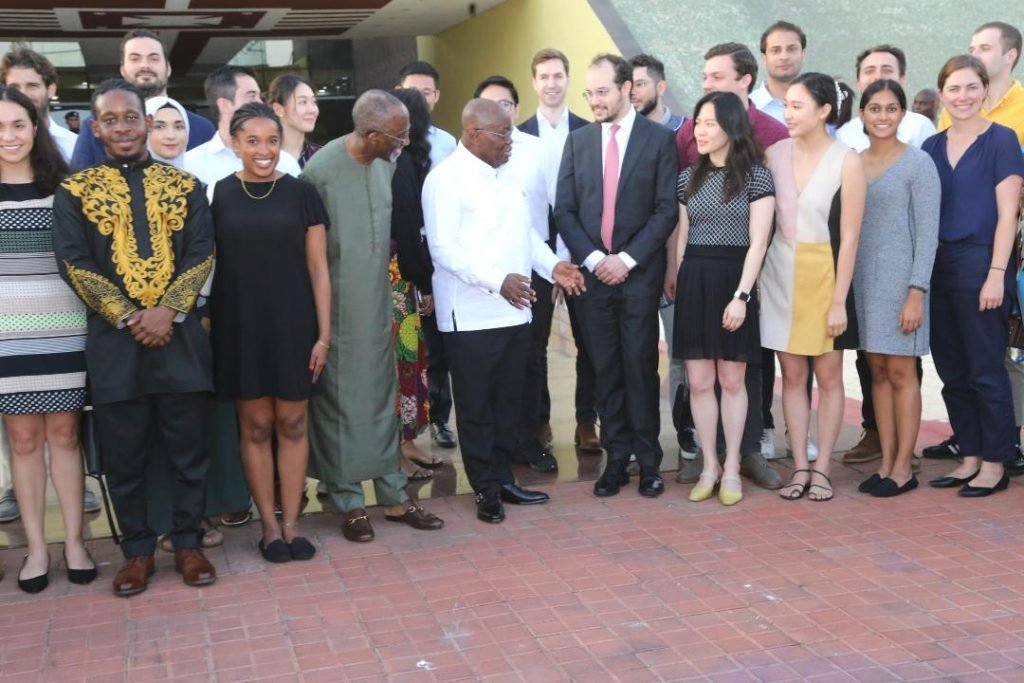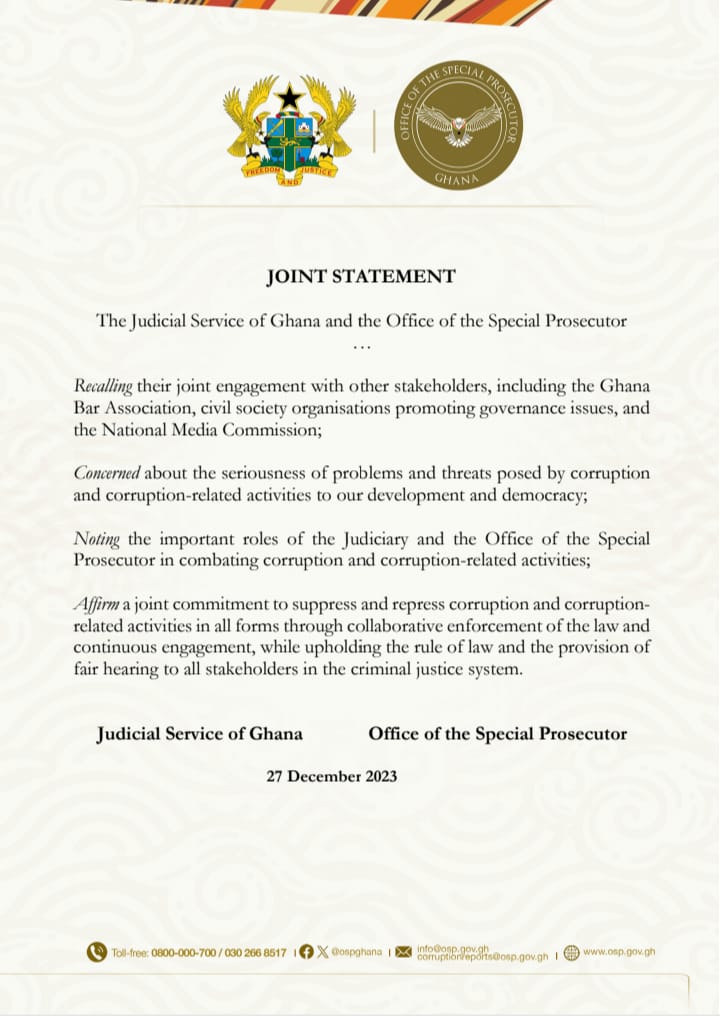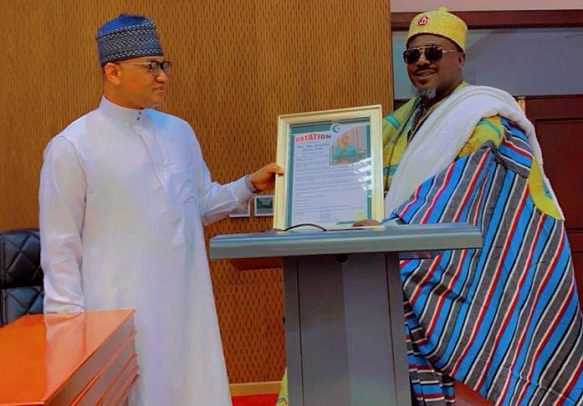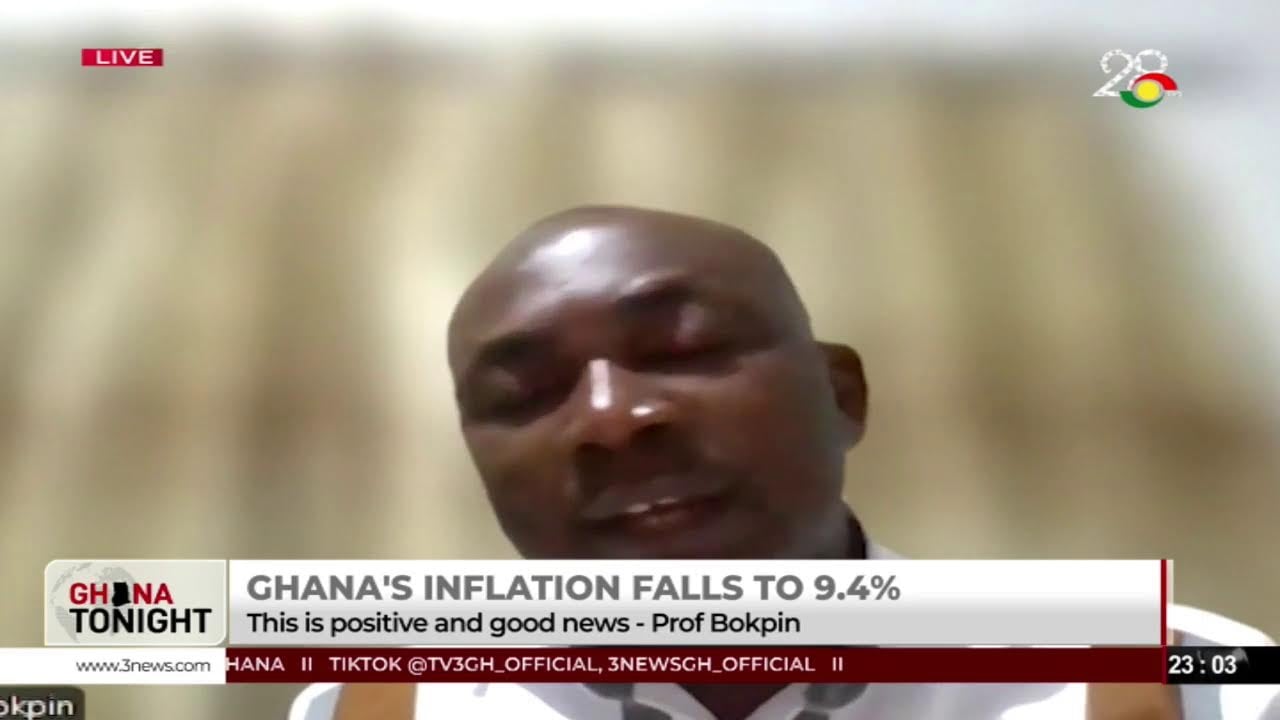
President John Dramani Mahama has outlined a series of bold reforms targeting Ghana’s judiciary, anchored in the National Democratic Congress (NDC)’s 2024 manifesto. Speaking during the swearing-in of 21 new Appeal Court Justices, President Mahama emphasised that restoring trust in the justice system is central to the NDC’s vision for national renewal.
This commitment, according to President John Dramani Mahama, forms a central pillar of the party’s broader national renewal agenda, which prioritises rebuilding institutions and restoring the public’s trust in democratic governance.
He stated unequivocally that the NDC government will prioritise reforms that make justice more efficient, transparent, and accessible to all Ghanaians. According to him, these changes are not peripheral campaign promises, but core commitments of the party’s policy platform heading into the 2024 elections.
“In our 2024 manifesto, we are committed to reforms that will make justice more efficient and accessible to our people. This is part of our broader mission to renew the foundations of our democracy and rebuild public confidence in national institutions,” he said.
President Mahama used the occasion to outline a sweeping judicial reform agenda that his government intends to implement.
He explained that the reforms are not merely policy ambitions, but essential interventions needed to restore the credibility, responsiveness, and fairness of the justice system, a system which in his view, has too often been perceived as slow, politically influenced, or out of reach for ordinary Ghanaians.
At the heart of the NDC’s proposed reforms is a digitisation drive to modernise court processes, aimed at curbing the inefficiencies that have long frustrated litigants and delayed justice.
“We will digitise the courts so that adjournments and delays no longer frustrate ordinary citizens. This is the first step toward a justice system that works in real time and puts people first”, he said.
Another major component of the reform agenda is the establishment of specialised divisions within both the High Court and the Court of Appeal.
These divisions, he explained, will focus on cases that are particularly prone to backlogs, notably land disputes, commercial litigation and labour matters, ensuring that these are handled by expert judges under dedicated timelines.
He also promised the introduction of time-bound case management systems, which will compel the judiciary to resolve cases within set periods, making the old adage “justice delayed is justice denied” a thing of the past.
To address systemic inequality in access to legal services, President Mahama emphasised the government’s plan to expand legal aid, so that the poor and marginalised are not excluded from the justice system due to lack of representation or resources.
Further, the government intends to strengthen judicial ethics and accountability, by reinforcing internal mechanisms that detect and sanction misconduct.
He stressed that for the courts to command respect, they must be seen to operate above partisan or personal interest.
“These are not abstract promises. They are concrete steps that will make justice not only more credible but also more hopeful,” President Mahama said.
He was clear in his assertion that justice is not separate from development, arguing that a reliable, impartial and efficient judiciary is vital to economic transformation, investor confidence and national peace.
“No investor will risk capital in a country where contracts can be overturned by bias. No entrepreneur can thrive in a system where land disputes take decades to resolve. And no community can live in peace where verdicts are held in doubt,” he remarked.
The NDC’s reform blueprint, as outlined by the President, places the judiciary at the centre of the party’s proposed governance overhaul.
It ties directly into other pillars of the 2024 manifesto, such as the “24-hour economy,” infrastructure growth and the creation of an inclusive, accountable public sector.
President Mahama was emphatic that these judicial reforms are not an afterthought, but a foundation for national progress.
“Justice is the invisible infrastructure on which every economy, every community and every democracy rests. The renewal of our courts is at the heart of our economic transformation,” he said.
Supporting Remarks and Broader Context
While acknowledging public criticism of the judiciary in recent times, the President argued that such scrutiny is a sign that Ghanaians still care about justice — not a sign of hopelessness, but of expectation.
“Criticism of judgments is not the end of hope. It is the evidence of hope. It shows that Ghanaians still believe in the courts and that justice still matters.”
He warned, however, against growing cynicism — the belief that the courts serve only the powerful — and called on the judiciary to reaffirm its independence through actions, not words.
“History remembers not those who followed the path of least resistance, but those who stood firmly for principle when it mattered most.”
President Mahama closed by reminding the justices that they were not just swearing oaths before the presidency or the Chief Justice, but before the people of Ghana, before history and before God. “May your judgments be wise, may your service be faithful, and may your legacy be enduring,” he concluded.
For more news, join The Chronicle Newspaper channel on WhatsApp: https://whatsapp.com/channel/
The post Mahama Targets Sweeping Judicial Reforms appeared first on The Ghanaian Chronicle.
Read Full Story




















Facebook
Twitter
Pinterest
Instagram
Google+
YouTube
LinkedIn
RSS